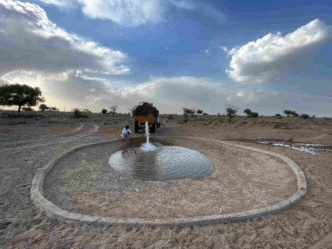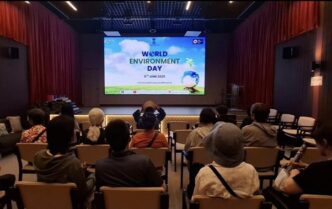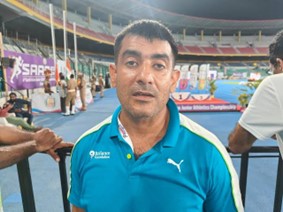In the arid landscapes of Rajasthan’s Pali district, a quiet revolution is being led by a woman affectionately known as Papita. Pravina, once a young girl burdened with household chores and grazing cattle, is now a powerful symbol of hope and change for countless girls across rural India.
Born into poverty and personal loss, Pravina’s life took a dramatic turn when she was introduced to the Kasturba Gandhi Balika Vidyalaya, a residential school focused on girls’ education. With intervention from a field worker from Educate Girls, her family was persuaded to give education a chance—one they’d never imagined would reshape her future.
After leaving school in Class 3, Pravina’s return to education was nothing short of revolutionary. At just 18, she was married to a construction worker, becoming the most educated woman in her in-laws’ household. But she didn’t stop there. Fueled by the power of knowledge and the desire to help others, she contested the local elections—and won. From 2014 to 2019, Pravina served as the sarpanch (village head) of seven villages, a role rarely entrusted to someone so young, and even more rarely to a woman.
During her tenure, she prioritized education, allocating the largest portion of the village budget to it. Her proudest achievement? The construction of a dedicated girls’ school. By leading with empathy and lived experience, she became the relatable role model young girls needed—someone who not only spoke their language but understood their struggles.
Even after her official term ended, Pravina didn’t step away from her mission. She travels from one village to another, encouraging families to educate their daughters. She visits homes, addresses school gatherings, and works hand-in-hand with NGOs to bring every out-of-school girl back into the classroom.
Pravina’s story is more than an individual success—it is a blueprint for grassroots leadership in India. She proves that when empathy meets opportunity, even the most remote corners can produce leaders of incredible strength and vision.
FAQs
Q1: What challenges did Pravina face in her journey to becoming a sarpanch?
Pravina faced poverty, the early death of her father, social pressure for child marriage, and limited education. Despite dropping out after Class 3, she returned to school due to NGO intervention and became the most educated woman in her husband’s household—an unusual feat in her rural context. Overcoming these barriers gave her the confidence to enter politics and win leadership in her community.
Q2: What is Pravina doing now after her term as sarpanch ended?
Even after her term ended in 2019, Pravina continues her mission. She travels across villages in Pali district, identifying out-of-school girls, speaking to their families, and connecting them with NGOs like Educate Girls. She advocates for girls’ education and acts as a living example of how education can transform not only individuals but entire communities.
Source: Better India















